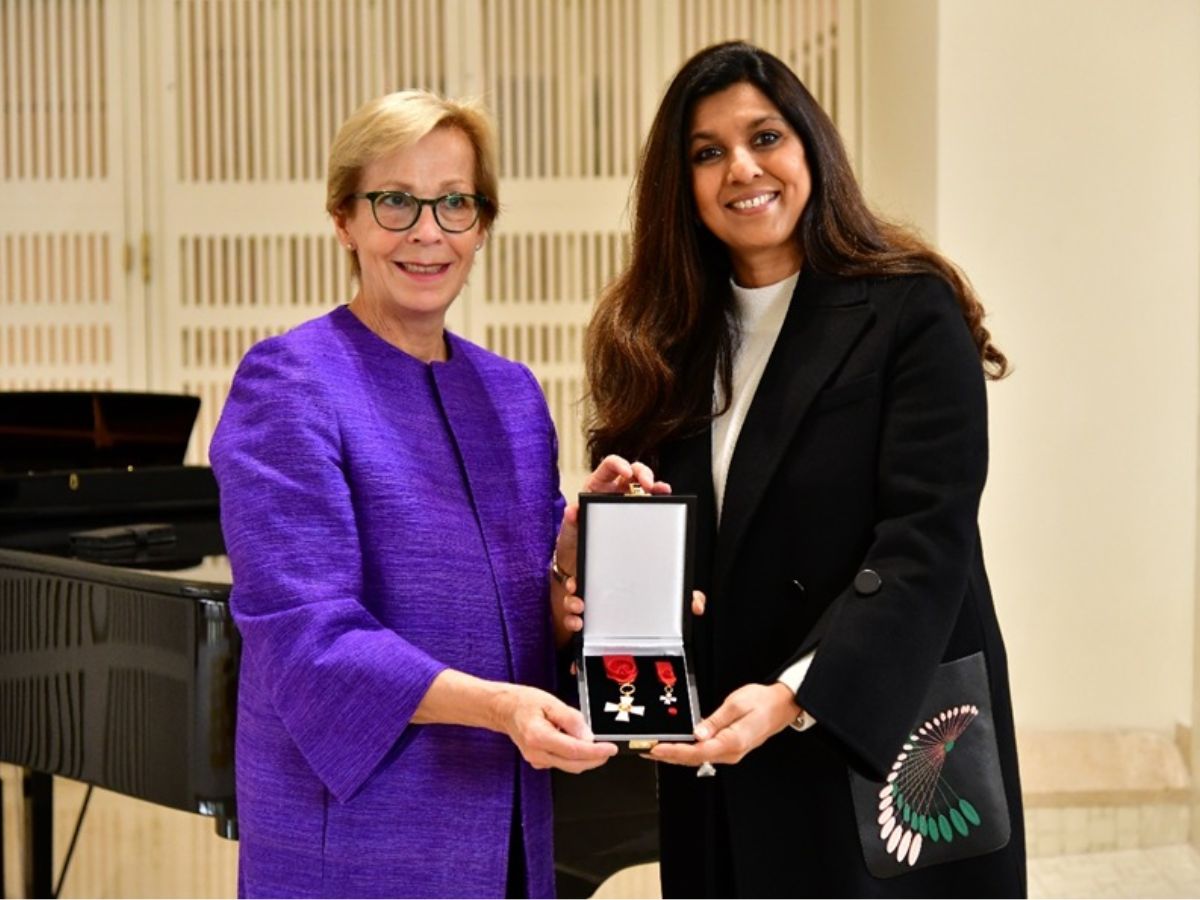Why Losing Final Kgs is hard to Lose?


By Yash Vardhan Swami, Health Coach, Business Coach, Founder, Trained by YVS
New Delhi (India), March 29: Learn what to keep in mind ! So many of us ‘almost reach our fat loss goal’ but never completely reach our ‘end goal’. Let’s talk about why: Losing the final Kgs is hard and how to work around it. We will be discussing multiple aspects as to ‘Why’ Losing the Final Kgs is the ‘Hardest’.
Let’s start with Psychological Aspects: most of us, when we move close to our ‘goal weight’, start looking good in clothes, so that weight stops bothering us that much. Only motivational bouts we get are before a week’s vacation and it’s very temporary.
So, step #1 should be reinstating a stronger ‘Why’ which should be much more than the way we look and should be extended to being a better and more disciplined version of self. Having a goal, a definitive plan and accountability with a coach/mentor who you trust can help a lot with this.
Now, the motivation is a little low. Let’s understand how a bit of our body works and how we can work around it. Evolutionarily speaking, our body is designed to survive and store excess energy so that if someday we run out of food our body can use these stores for survival (like early man could).
So, when aiming to lose the final kilo’s our craving levels are higher, food focus increases, we become lazier and we have bouts of questioning the process and our goals. That’s your body wanting you to not lose fat (as when we are dieting i.e. eating fewer calories than what we are burning, our body suspects ‘famine’).
A lot of this is mediated through hormones such as: Downregulation of thyroid (regulates our metabolism) and leptin (signals satiety) and up regulation of ghrelin (which signals hunger) That’s simply our body getting ‘efficient’ for survival.
Tracking food intake, daily activity (i.e. daily steps) and progress regularly and updating stuff as and when required can be a game changer in this situation.
Another thing which might happen during this process(esp. when we have been dieting for a while) is that we get impatient. Like I mentioned, the body becomes efficient, results might get slower and that becomes mentally challenging.
Along with these, if stress and sleep are not managed, that can wreak havoc on our energy levels (and even hunger). So, special prioritization should be given to mindfulness routine, managing stress (aiming to be in a parasympathetic mode i.e. calm mode for the most part) and having a pre-sleep and morning routine is a must.
Another aspect to take care of while aiming to lose this final bit of fat: We need to ensure that we are in a caloric deficit, not a nutrient deficit. Ensuring that we are having macronutrients(protein, carbs and fats) and micronutrients (vitamins and minerals) is a must.
Yes, we need to eat fewer calories than what we burn but the deficit should not be messing up our health or relationship with food.
Coupling that with 3-5 weight training sessions/week and enough daily activity is a must to retain lean body mass, so that when we lose the final kgs, we look: LEAN, not skinny.
Huge focus on health and reinstating our ‘Why’ and why we are doing it is a game changer for most of us.
Coupling that up with trust in process, a plan we trust, being accountable to a coach we trust and working on our psychology around our short term and long term goals is a surefire way of increasing our chances of success.
If you have any objection to this press release content, kindly contact pr.error.rectification[at]gmail.com to notify us. We will respond and rectify the situation in the next 24 hours.



































































